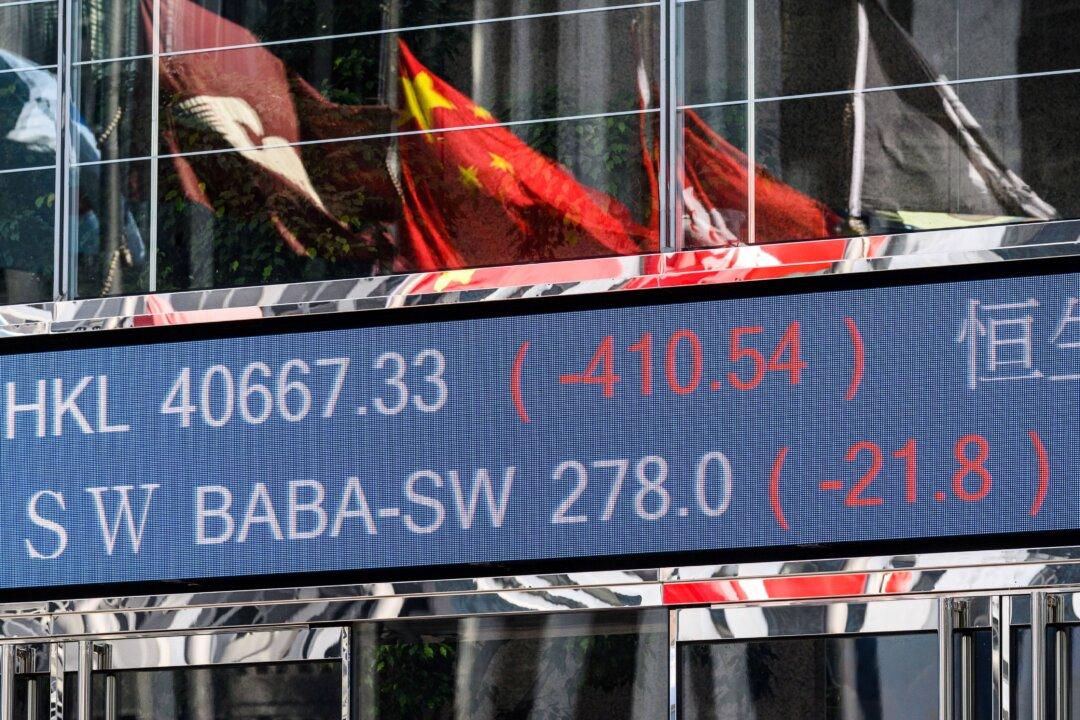Despite the surge in online shopping driven by pandemic lockdowns, China’s major online retailers’ shares—that had soared to record highs in February—fell sharply amid the Chinese regime’s stricter control measures.
Shares of e-commerce company Pinduoduo are now trading down 41.6 percent from their peak in mid-February, closing at $118.33 on May 17, which means the market capitalization vanished by $100.8 billion.




